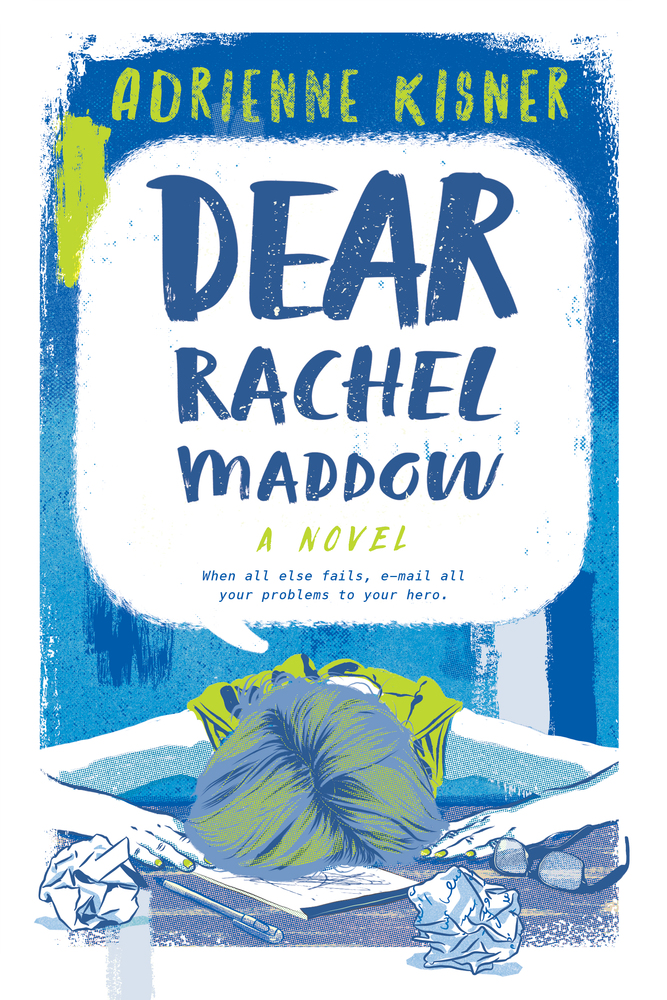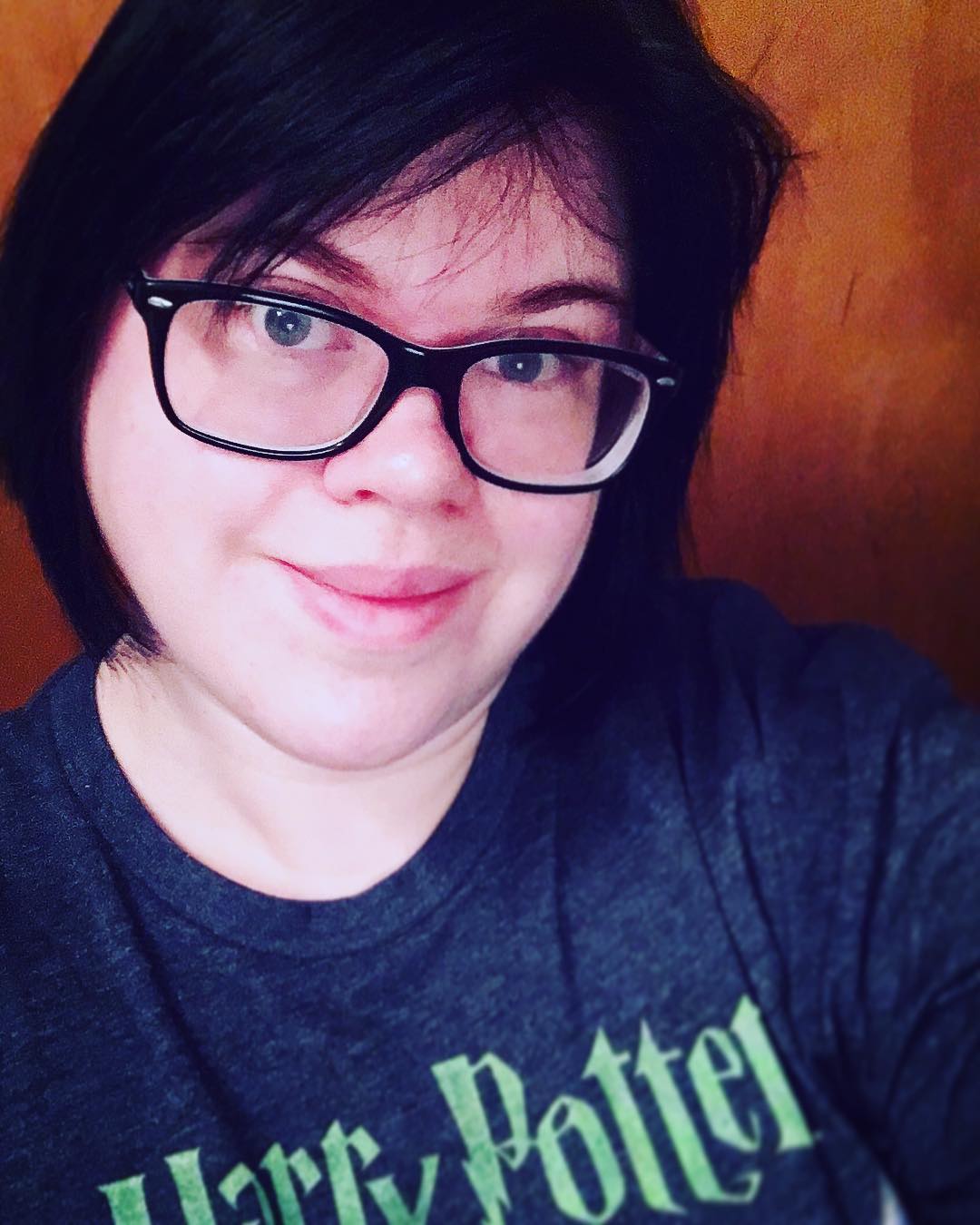craft review by Sarah S. Davis
In Part 1, we saw how Kisner shapes Brynn’s political awakening through internal conflict. Read on to find out how Kisner creates stakes that push Brynn toward change.
Even Losers Have Something to Lose
So what could possibly change her mind and push Brynn towards risking not just a guaranteed loss, but a potentially fatal blow to her self-esteem? For Brynn to take such a leap, she has to personally stand to lose something from not running in the election, and the threat of losing it must push her past her comfort zone. She has to see that she has a stake in the results of not running in these elections, that she would lose something bigger than an election if she did not try, that political opportunity does not belong solely to the rich and privileged, but to all.
Brynn admits that what she would really want is for Adam to not be the only one calling all the shots:
I legit want everyone to get a say . . . if one student is allowed to try to get stuff, then all the students should get a chance. Even the kids in the rooms named after colors. (73)
Michaela builds on Brynn’s passion for giving all students a voice, arguing that she should do it for the blue room students and “[for] the blue roomers to come after you” (74). Brynn begins to shift her thinking as she realizes that if she doesn’t run for the spot on the superintendent selection committee, she wouldn’t be the only person missing out.
The election is a rare opportunity that would allow the Blue Room students to have a voice in a major decision that would affect everyone. Brynn may participate in the election and still not win, but without her perspective on the ballot, students who would benefit from a peer representative lose automatically.

With Michaela cheering her on, and Lacey and newspaper colleague Justin crafting a campaign strategy, a newly bolstered Brynn signs up for the campaign and runs as herself in a school that craves authenticity. Casting a wide scope, Brynn talks to as many students as she can about what they would like to see changed, including kids who cut class, smoke, and think that student government doesn’t care about them.
In Brynn they find a champion and an underdog: turns out a lot of people want to make a loser a winner. Although Brynn does not claim a victory in either election, the experience teaches her that you can win even when you lose. By running, Brynn defeats her core beliefs and gains more confidence and self-worth, seeing that she is loved and admired by many for being clever, ambitious, and altruistic.
Making Politics Feel Personal in Contemporary YA
It’s easy for teen readers to identify with Brynn, who feels like she is part of a demographic that’s often left behind. For their entire adolescence, American teenagers are disenfranchised, only securing the right to vote when they turn 18 and are legally an adult. Voting rights are set up in a way to deprive teen constituents of a voice at the ballot and make them powerless. Yet today’s teenagers confront politics every day when they go to school and live with the knowledge that gun control laws cannot prevent a slaughter in the hallways.
Because legislative progress is precarious, students might feel like they don’t matter to politicians, that progress is impossible, that civic engagement is pointless. For many teens who relate to Brynn, the feeling of powerlessness is stifling. To see her transcend her nihilism and have a political awakening shows teen readers that politics can be personal.
Facing defeat and rejection—at school, at dating, and especially at home—Brynn Harper has a stubborn persistence that is an infectious, stirring encouragement for teen readers to never give up fighting for what matters. Brynn demonstrates this by transforming from being jaded, defeated, and cynical about the country’s political system to recognizing her duty to advocate for everyone regardless of their grades and high school caste.
Watching Rachel Maddow stirs Brynn to realize the importance of fighting the good fight against corruption. However, the opportunity to run for the representative seat and later student body president gives Brynn a chance to get involved with politics on a personal level. Brynn feels called to enter the elections despite knowing that she could face a smear campaign by her opponents, but the stakes are too high for her to walk away.
Suddenly, government stops being a concept in a textbook or a jumble of clips, sound bites, and talking heads on MSNBC, and starts impacting Brynn’s life in a way she can touch. For authors writing fiction with political themes for young readers, Dear Rachel Maddow proves that teen characters need to feel that politics impact them in some tangible, urgent way in order to feel empowered to participate—vote or no vote.
Sarah S. Davis lives among cats and piles of books outside Philadelphia. Her writing has appeared on Book Riot, Electric Literature, and Kirkus Reviews. She holds a BA in English form the University of Pennsylvania and a Master’s of Library Science from Clarion University. Sarah is currently an MFA student in Vermont College of Fine Arts’ kid lit program. She is working on a middle grade fantasy novel, a YA dystopian series, and collection of nonsense verse. Besides reading books, Sarah also reads tarot cards professionally.
Find Sarah on her blog, Broke by Books.

COMMENTs:
0